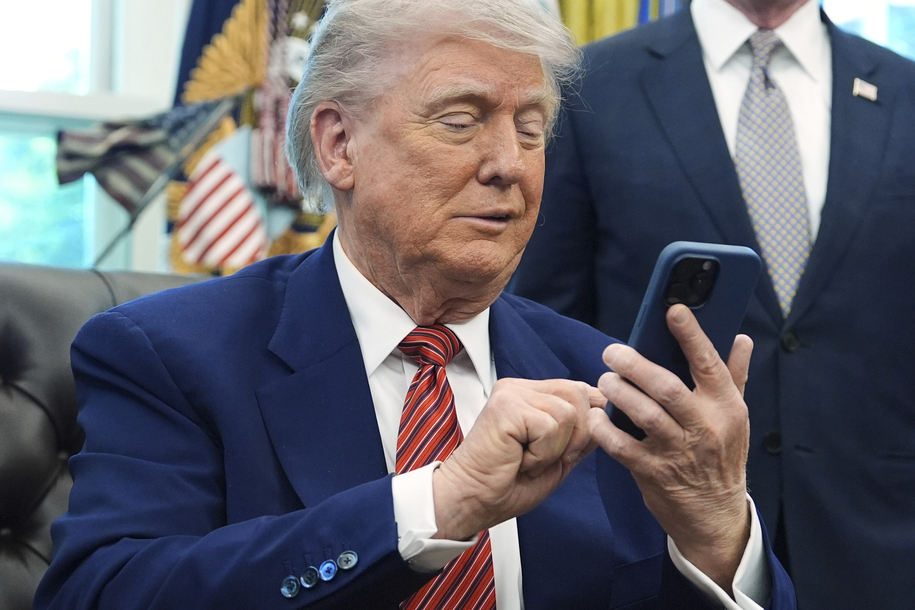
The Federal Trade Commission’s review of a merger between advertising giants Omnicom and Interpublic has taken an unexpected turn. The merger, usually of little interest outside industry circles, now includes a contentious provision linked to media platform advertising, stirring significant debate.
Latest Developments
This merger might come with a provision that the combined company cannot refuse to place a client’s ads based on the political content of media platforms. The FTC presents this as a measure to prevent ad agencies from “boycotting” platforms, although the legal interpretation of “boycott” is being stretched.
What This Means
The proposed order, already approved by FTC commissioners, would grant the agency substantial control over where Omnicom places ads and which advertisers it works with. This includes a requirement to engage with advertisers regardless of their political or ideological viewpoints.
Key Details
- Omnicom must file annual reports and comply with additional reports as requested by the FTC.
- The FTC can demand access to all of Omnicom’s financial records and correspondence with five days’ notice.
- Omnicom is responsible for all costs related to copying documents for the FTC.
Impact on Advertising Industry
This move is perceived as an effort to compel companies to advertise on platforms like Truth Social, owned by Donald Trump, and X (formerly Twitter), which has seen advertisers leave due to controversial content. The FTC’s actions align with a broader trend of using federal agencies to influence private sector decisions.
Background
Under the Trump administration, the FTC’s actions have raised concerns about government overreach and compelled speech, reminiscent of previous controversial deals with major law firms. The current FTC composition, following the dismissal of two Democratic commissioners, further fuels these concerns.
Looking Ahead
As the FTC continues its investigations and imposes conditions on mergers, the implications for corporate autonomy and free speech remain significant. The agency’s actions could set a precedent for future mergers and influence the advertising landscape profoundly.
The situation remains fluid, with potential legal challenges on the horizon as companies and civil rights groups respond to the FTC’s controversial measures.





